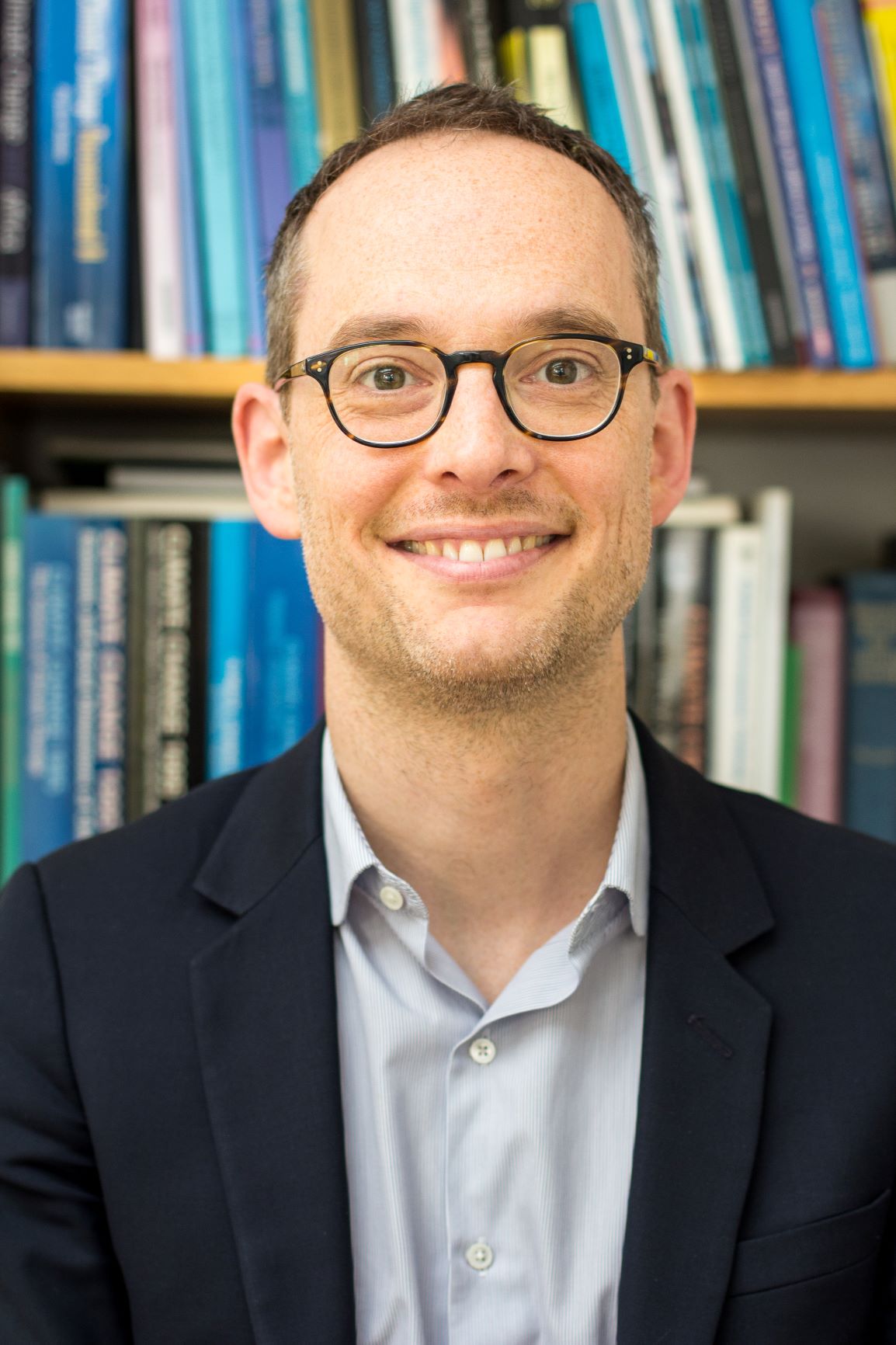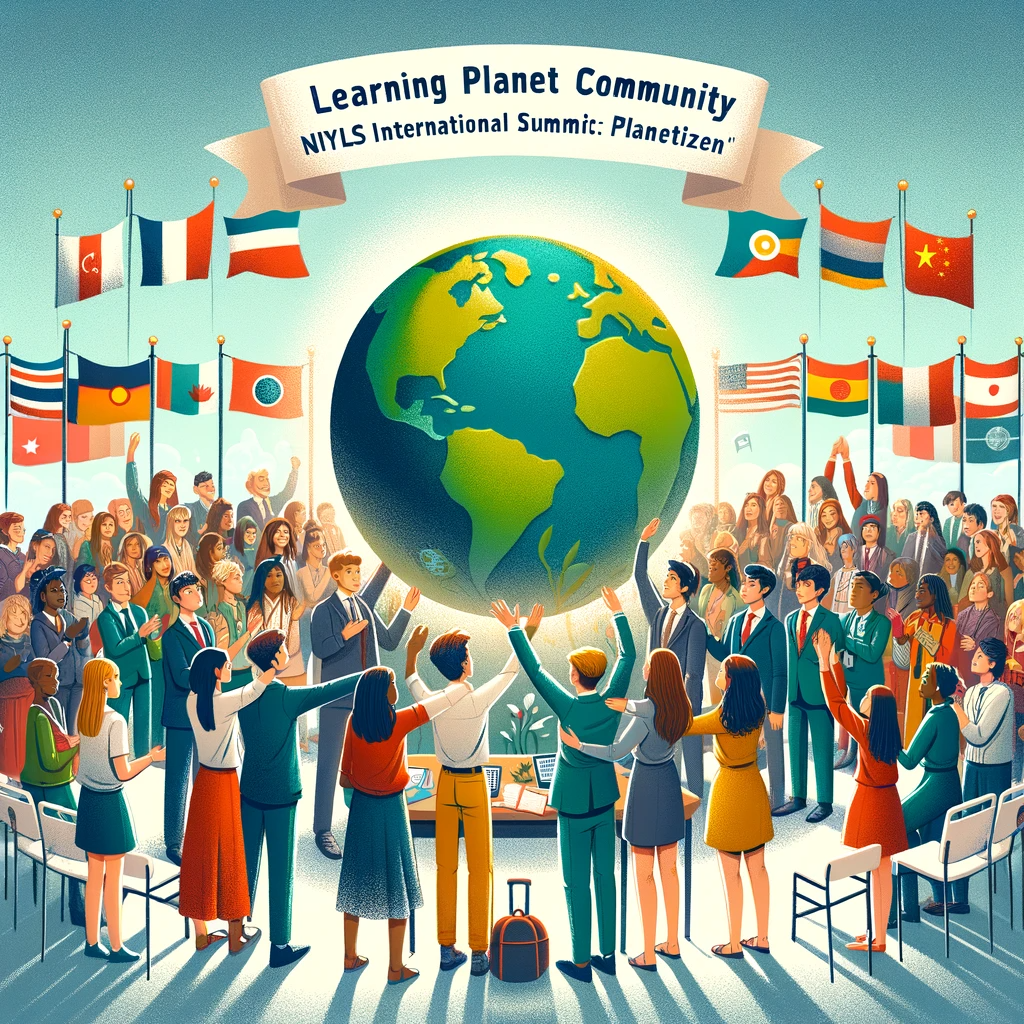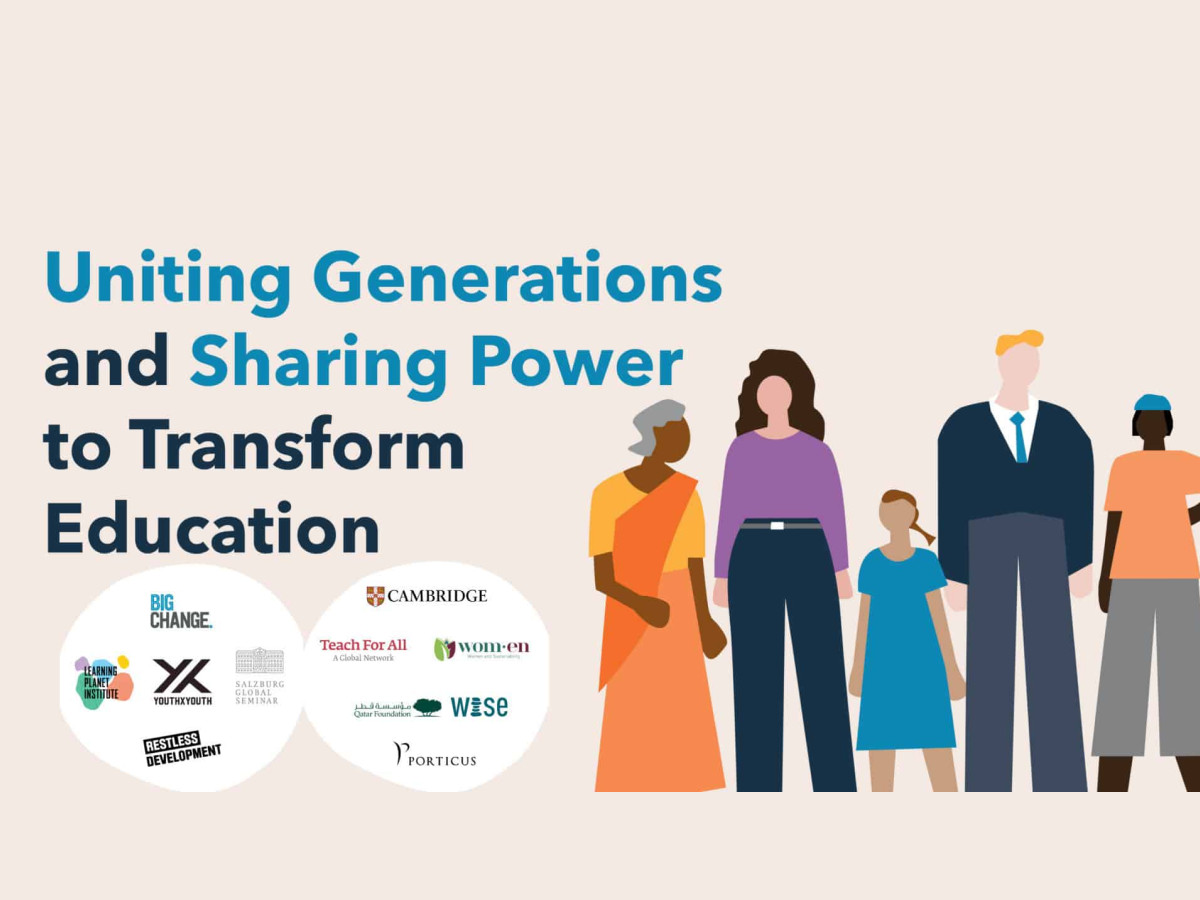Could you introduce yourself and your organisation, the International Science Council?
I am Mathieu Denis, from Montreal, and I work at the International Science Council (ISC), an organisation formed in 2018 through the amalgamation of two entities – one focusing on natural sciences since 1931 and the other on humanities and social sciences since 1952. Serving as the last Executive Director of the International Social Science Council, I now contribute to the ISC, a non-governmental organisation that represents global science. With members in 146 countries spanning all scientific domains, our headquarters is in Paris, and we have regional offices in Africa, Latin America, and Asia-Pacific.
In May 2023, I initiated ISC’s think tank, the Centre for Science Futures, dedicated to understanding major transformations in science and its organisation. Within this context, we actively explore the future of higher education and teaching. We’ve addressed topics such as the future of research evaluation globally, trust in science, and the protection of science and scientists during crises.
Additionally, we’ve collaborated with science fiction authors from various corners of the globe to release a forward-looking podcast, in partnership with the journal Nature. Our engagement extends to artificial intelligence, collaborating with various countries to explore adaptations in research ecosystems.

Generally speaking, how do you get involved in youth and education issues?
I have a background in university teaching spanning several years, but my deepened interest in educational issues, especially the role of new technologies, was sparked by the challenges brought on by the Covid pandemic. During this period, the imperative of integrating digital technologies into education systems became evident, prompting questions about the how and why of this integration. The work of the Learning Planet Institute, specifically its focus on navigating these questions, is particularly intriguing to me.
I find it interesting to go beyond a technophilic discourse that emphasises economies of scale – the notion of a teacher reaching 10,000 students rather than 26 for example. I believe education should embrace new technologies – especially during crises – as a vital public service. This is an area where it’s better to be proactive than reactive, starting with an understanding of the societal needs, the requirements of young learners, and the challenges faced by educators. It’s essential to determine what new knowledge is imperative for today’s students and then identify how innovative technologies can effectively support and address these needs.
What do you think of the concept of Planetizen University? What does it mean to you?
The opportunity to rethink the university as a place where we can acquire skills and knowledge throughout our lives, particularly to respond more effectively to climate and global issues, and to receive some form of recognised accreditation, is important. In a context of upheaval, universities will become places where we can learn to act.
Reflecting on the concept of Planetizen University, I find the idea of a lifelong learning institution crucial and exciting. While universities globally have adult education mandates, the notion of reimagining university as a place for continuous learning to address climate and global challenges is pivotal.
The co-construction aspect is equally significant, involving young people and stakeholders from civil society and the workforce in shaping the university’s trajectory. This collaborative approach – which we also advocate at ISC – recognises the importance of inclusive, co-constructed research as a pragmatic necessity to find solutions to global challenges. Building universities with the active involvement of those who will study there aligns with the ethos of inclusivity and responsiveness.
How did you hear about the LearningPlanet Festival / Festival de l’Apprendre?
I participated remotely last year, and I’m looking forward to being physically present in Paris this year. I’m particularly eager to engage in discussions surrounding Planetizen University and AI. It’s heartening to observe the convergence of conclusions and solutions between our endeavors and those of the Learning Planet Institute, even though our journeys and experiences have taken distinct routes.



